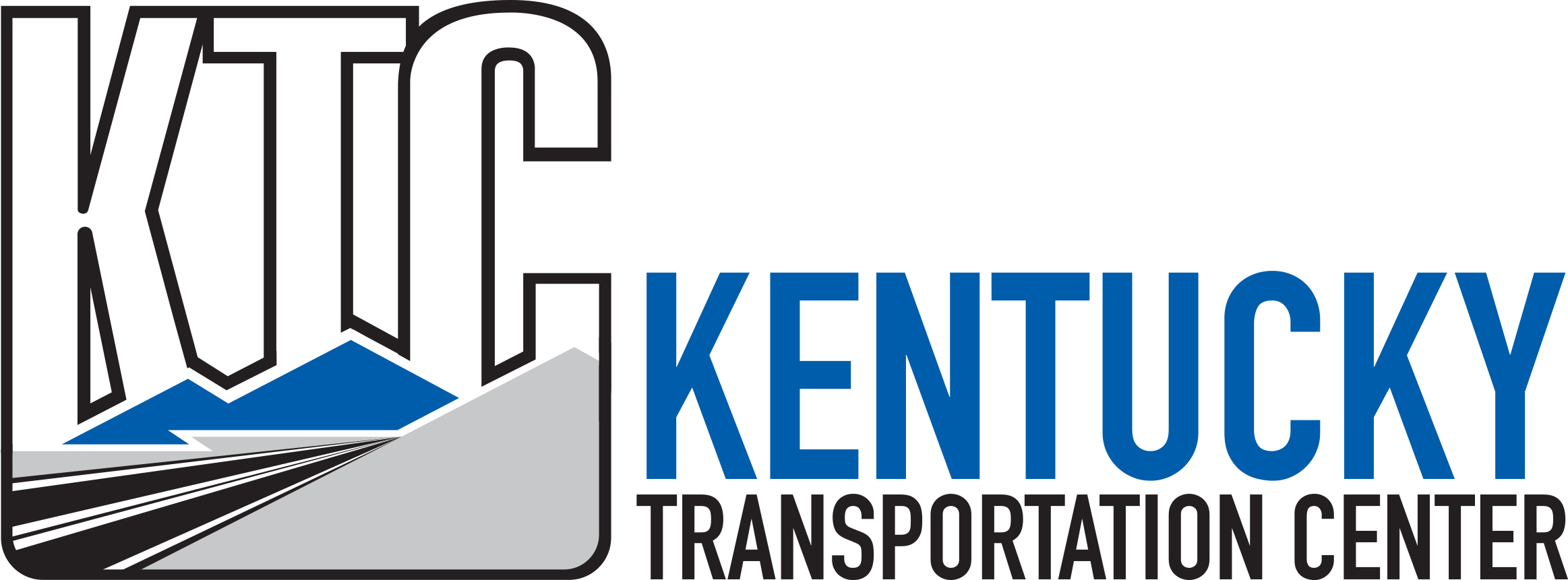Abstract
The Kentucky Transportation Cabinet (KYTC) and transportation agencies around the United States increasingly depends on uncrewed aircraft systems (UAS — also commonly known as drones) to collect data and accelerate project development and delivery. Drones let transportation practitioners safely and efficiently perform many activities, including bridge and highway inspection, construction monitoring, surveying, emergency response, and measuring stockpiles. KYTC’s implementation of UAS has expanded rapidly over the past 10 years, however, the agency lacks well-coordinated procedures for connecting pilots with end data users, scheduling and conducting flights, developing and documenting best practices, and processing and storing data. Based on a review of current practices and interviews, recommendations centered: (1) forming a UAS oversight committee; (2) establishing positions for UAS program leads; (3) setting up a dedicated funding stream to acquire hardware and software; (4) holding facilitated peer exchanges and building communities of practice; (5) centralizing all UAS resources and forms (e.g., flight request forms, pre-flight checklists, post-flight report templates); (6) convening an in-person each meeting that draws UAS experts from transportation agencies and industry partners from around the region to discuss lessons learned, emerging trends, and case studies; (7) introducing centralized data processing and storage solutions; and (8) adopting formalized guidance that underwrites all UAS-related activity at KYTC.
Report Date
3-2024
Report Number
KTC-24-07
Digital Object Identifier
https://doi.org/10.13023/ktc.rr.2024.07
Repository Citation
Catchings, Rachel; Smith, Suzanne; Marks, Gayle; Wallace, Candice; and Van Dyke, Christopher, "Strengthening the Deployment of Uncrewed Aerial Systems (UAS) at KYTC" (2024). Kentucky Transportation Center Research Report. 1786.
https://uknowledge.uky.edu/ktc_researchreports/1786


